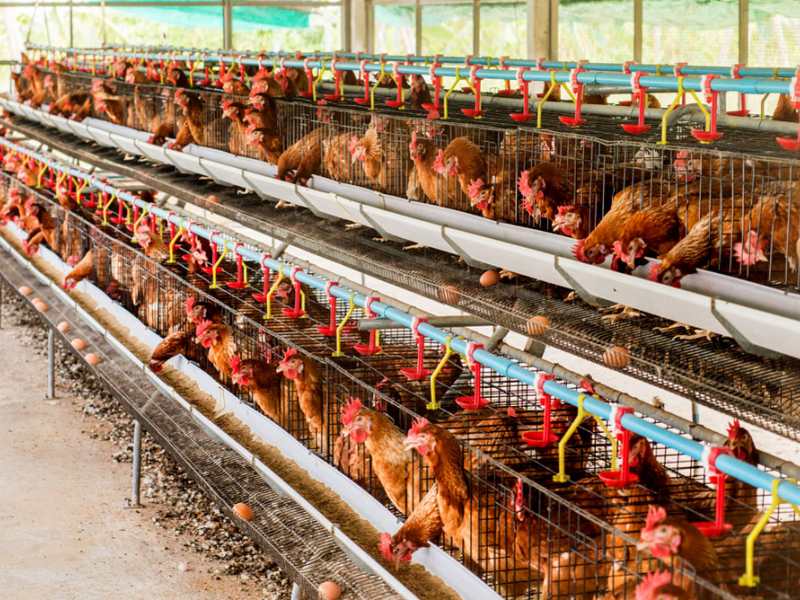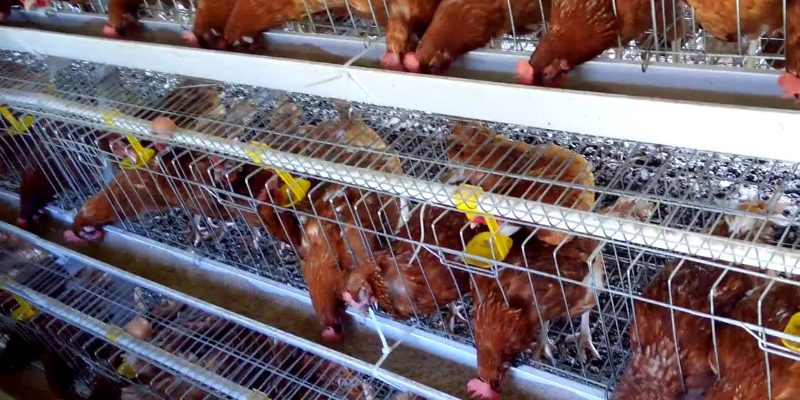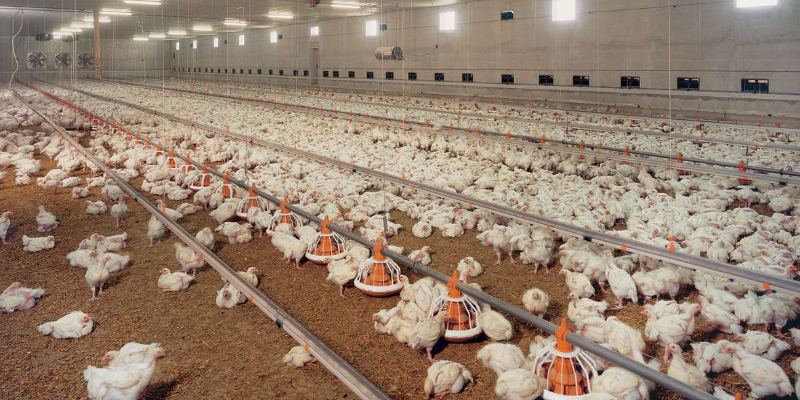
The Best Guide to Chicken Farming in Cameroon
Chicken farming in Cameroon is a thriving venture that many people are venturing into, either as a primary source of income or to supplement their daily needs. The poultry industry has gained massive attention due to the rising demand for chicken and its products. If you’re thinking about starting your own chicken farm or just curious about how it works, this guide is designed just for you. Let’s dive into the essentials, tips, and tricks of chicken farming in Cameroon!
Why Choose Chicken Farming?
You might be wondering why chicken farming is such a big deal in Cameroon. First off, chickens are relatively easy to raise compared to other livestock. They require less space and can adapt well to different environments. Plus, poultry farming doesn’t need hefty capital to get started. Whether you want to raise layers (for eggs) or broilers (for meat), there’s plenty of room for profitability.
Market Demand
In Cameroon, chicken is a staple part of many diets. Locals love it fried, grilled, or stewed, and it’s often featured at social gatherings and celebrations. This high demand means that if you have a steady supply of good quality chickens, you’re bound to make sales.
Getting Started with Chicken Farming
Before jumping into chicken farming, there are a few steps you need to take to set yourself up for success.
1. Research and Planning
The first step in chicken farming in Cameroon is to do your homework. Understand the local market, know your competition, and determine who your potential customers are. Will you be selling directly to consumers, restaurants, or markets? Your business model will influence your decisions down the line.
2. Choosing the Right Location
Location is key! You want to find a place that has good ventilation, access to clean water, and enough space for your chickens to roam around (if you plan on free-range farming). It’s also important to consider proximity to markets where you’ll sell your produce.
3. Selecting Chicken Breeds
Another crucial aspect of your chicken farming journey is choosing the right breed. Here are a couple of options:
- Layers: If you’re interested in egg production, then layer breeds like the Rhode Island Red or Leghorn are popular choices. They start laying eggs at around 18 weeks old and can produce about 250-300 eggs per year.
- Broilers: If meat is your focus, consider broiler breeds like the Cobb or Ross. These chickens grow quickly and are ready for market within six to eight weeks.
4. Housing and Management
Good housing is vital for the health and productivity of your chickens. You’ll want to construct a coop that protects them from predators and harsh weather. Ensure it has proper ventilation and enough space so that each bird has room to move comfortably.
Key Features of a Good Coop:
- Nesting Boxes: For layers, provide nesting boxes where they can lay their eggs.
- Roosting Bars: Chickens love to perch at night; roosting bars should be placed higher than the nesting boxes.
- Food and Water Supplies: Make sure their feeding and watering systems are reliable and easily accessible.
Feeding Your Chickens
Feeding is a non-negotiable aspect of chicken farming in Cameroon. Proper nutrition is essential for healthy birds and optimal production. Here’s what to keep in mind:
Types of Feed
- Starter Feed: For chicks, starter feed is packed with nutrients to support their rapid growth.
- Grower Feed: After a few weeks, transition them to grower feed until they’re ready for the market or laying.
- Layer Feed: Once your hens begin laying, switch to layer feed which contains higher calcium levels necessary for egg production.
Supplementing Nutrition
Don’t forget to add greens, kitchen scraps, and even grains to their diet. Chickens love to forage, and adding these elements can enhance their diet while reducing your feed costs.
Health and Biosecurity Measures
Keeping your flock healthy should always be a priority. Regular health checks, vaccinations, and biosecurity measures are critical to prevent disease outbreaks.
Common Diseases
Be on the lookout for common poultry diseases like Newcastle disease, avian influenza, and coccidiosis. Vaccinations should be administered as recommended by your veterinarian.
Biosecurity Tips
- Limit Visitors: Keep a tight lid on who enters your farm to reduce the risk of disease.
- Cleanliness: Regularly clean coops, feeding areas, and equipment to maintain a hygienic environment.
- Quarantine New Arrivals: Always isolate new chicks for several weeks before introducing them to your main flock.
Marketing Your Chickens
Once your chickens are thriving, it’s time to think about how to sell them. Effective marketing strategies can make a world of difference.
Direct Selling
Consider setting up a small stall near your home or at local markets. Many people appreciate buying directly from farmers, knowing where their food comes from. You can also consider selling through social media platforms. Facebook and Instagram are excellent for showcasing your chickens and engaging with potential customers.
Partnerships
Local restaurants, hotels, and grocery stores often look for fresh poultry suppliers. Building relationships with these businesses can ensure you have a consistent customer base. Don’t hesitate to offer samples to entice them to buy from you.
Pricing Your Products
Be mindful of your pricing strategy. Research local prices for both live chickens and eggs to set competitive rates. It’s essential to balance profitability with affordability, especially as you build your reputation in the market.
Scaling Up Your Chicken Farm
Once you’ve gained experience and established a steady customer base, you might want to consider expanding your operations. Here are a few tips on how to scale up effectively:
Diversifying Your Offerings
Think about diversifying your products. Alongside selling live chickens, you could sell processed meat or value-added products like egg-based dishes. Additionally, consider offering organic or free-range options, as many consumers are willing to pay a premium for these choices.
Investing in Technology
Modernizing your farming practices can help improve efficiency and output. Look into automated feeding systems, climate control for your coops, and proper waste management systems. This investment can initially be costly but will likely pay off in the long run.
Training and Networking
Keep learning! Attend workshops and training sessions on poultry farming, and connect with other chicken farmers in Cameroon. Sharing experiences, challenges, and solutions can provide valuable insights that can help you grow your business.
Conclusion
Chicken farming in Cameroon can be a rewarding and profitable venture if done right. With careful planning, good management practices, and effective marketing strategies, you can successfully raise chickens and cater to the rising demand for poultry products.
This best guide to chicken farming emphasizes the importance of research, appropriate breed selection, health management, and marketing. Whether you’re just starting out or looking to expand an existing operation, remember that patience and determination are key.


